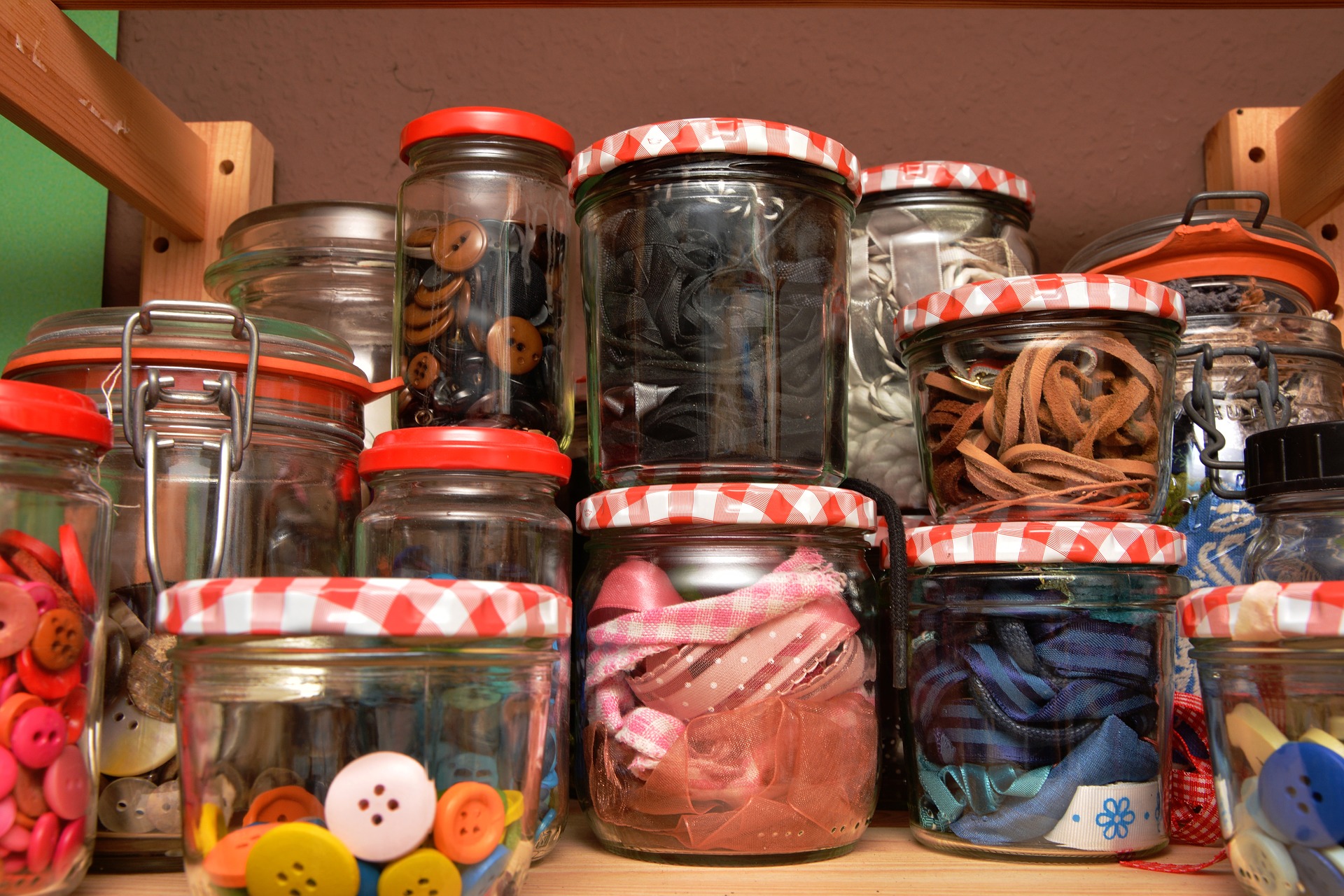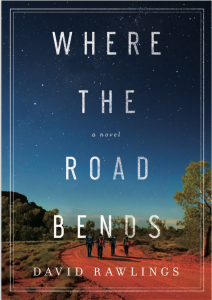by David Rawlings, @DavidJRawlings
Human beings are collectors, almost by nature. It’s almost as if we are capturing parts of our own story through keeping reminders of them.
What do you collect? I have friends who collect coffee mugs, teaspoons, tea towels and sewing machines; car registration plates, typewriters, pins and footballs. For me, I collect sporting memorabilia from around the world, bringing home something sporting from the places I visit.
So how on earth does this relate to writing?
It’s more than just collecting books, and having a TBR pile that is taller than the Tower of Babel.
Since I’ve started writing I’ve been collecting a number of things, and I’m only realizing now how they’re helping me write. Maybe it’s a part of the research process or just the learning curve I’m on, but I’ve found that collecting certain things widens my scope, my knowledge and my inspiration. These are the things I’m collecting and how they’re helping my story writing.
- Phrases that I come up with out of nowhere. I often find that when I’m sitting in traffic, or hiking, or making dinner these phrases drift out of the transom. They aren’t part of my WIP or necessarily answering a question I’m stuck on with a character. But they are descriptive of … something. So I collect them. I’ve got a Word document that I’m constantly filling up with phrases – and I draw on them occasionally. In fact, in Where the Road Bends, I used five descriptions of outback Australia that I’d written a couple of years ago.
- Wonderfully crafted phrases from things I read. I’m inspired by great writing, so when I read something that truly makes me gasp, I collect it. And then I learn from it. For example, I read Douglas Adams’ The Hitchhiker’s Guide to the Galaxy, I stumbled across the phrase: “The Vogon spaceships hung in the air the same way bricks don’t.” When I look at that, I realise description can be made according to what something ISN’T, in a way that still describes it. I can picture big, chunky rectangular shapes defying gravity, and all Adams did was tell me what the spaceships weren’t.
- Character observations. I do this a lot, especially after corporate meetings. I work for myself as a freelance copywriter, so I meet a lot of clients – new and old. And the people I work with are a broad representation of humanity. So I collect mannerisms, descriptions, speech patterns – anything that stands out to me. They’re in another list which I save for later, and draw from if I want to give a character something unique. And I also have the benefit of knowing the person, so I can picture them while I write.
- What ifs. I do this a lot, and this is something novelists do a lot as well. It’s cocking your head to one side and asking “what if?” For example: “what if scientists could access the DNA of dinosaurs?” Boom! Jurassic Park. I collect “what ifs?” all the time – just observations that might one day become a story. In fact, my second novel The Camera Never Lies was dreamed up this way. I’d written a What If after visiting an old camera shop: “what if your camera took photos you didn’t know it was taking?” A lot of hard work later, there’s a novel.
I’d encourage you to start collecting. It’s all research, and can deepen your writing. And I believe if it can make our writing a little better at some point in time, then it’s worth considering!
Four friends reconnect fifteen years after graduation on a promised trip to the Australian outback. Time has changed them. At graduation life was all about unfulfilled potential. Fifteen years down the track, it feels a lot like regret.
As they get lost in outback Australia they find more than harsh beauty of an unspoilt land… … they discover how the road of life delivered them to where they are now.
And getting back requires them to determine where they’ll go from here.

in South Australia, David Rawlings is an award-winning author, and a sports-mad father-of-three with his own copywriting business who reads everything within an arm’s reach. He writes that take you deeper into life, posing questions of readers to explore their own faith and how they approach life.
Where the Road Bends – a novel based in outback Australia – is out now! Why not take a virtual vacation during your time at home?
David’s debut novel – The Baggage Handler – won the 2019 Christy Award for First Novel. His second novel – The Camera Never Lies – focuses on honesty in relationships and is now available.
He is currently signed with Thomas Nelson and represented by The Steve Laube Agency.



Comments 2
I collect words. When I read or hear an unusual word, I save it and the definition in a Word document. I’ve always loved words, and since I’ve begun writing historical fiction, I especially like collecting old words that may be useful in a story. It’s also fun to baffle my granddaughter with uncommon words when we’re playing Bananagrams.
You and me both Tami. I find using unusual words can also be a great way to give a character some unexpected color or depth – that and winning at Bananagrams of course!